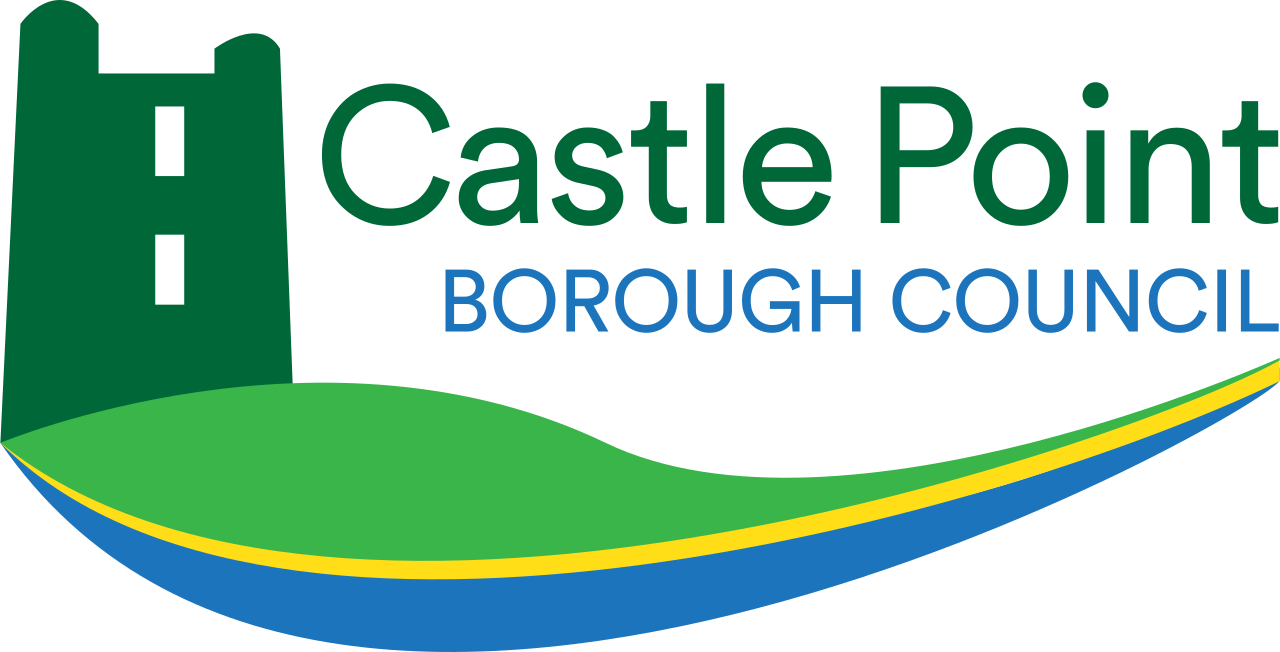Castle Point Borough Council inspect and license the following animal establishments:
- Dog Breeding Establishments
- Animal Boarding Establishments
- Pet Shops
- Riding Establishments
- Zoo Premises
- Dangerous Wild Animals
Please use the above links for further information.
Animal Welfare Act 2006
Under section 9 of the Animal Welfare Act 2006, it is the duty of any person responsible for an animal to ensure that its welfare needs are met. These include:
- the need for a suitable environment
- the need for a suitable diet
- the need to exhibit normal behaviour patterns
- any need to be housed with or apart from other animals, and
- the need to be protected from pain, suffering, injury and disease.
A person commits and offence if they do not take such steps as are reasonable to ensure that the needs of an animal for which they are responsible are met.
The RSPCA will investigate incidents relating to cruelty or welfare of animals. They should be your first port of call if you suspect any cruelty issues relating to animals. If you wish to report an incident of animal cruelty, please call the RSPCA's cruelty line on 0300 1234 999.
Castle Point Borough Council are responsible for overseeing animal welfare issues in the above listed licensable animal establishments. If you have any concerns you wish to discuss with us regarding any animal establishments in our Borough, please call us on 01268 882200 or email us
Responsible Pet Ownership
The Council strongly advises that anyone thinking of getting a pet should have good knowledge and/or take professional advice on the care of such animals before getting a pet.
Pet shops should provide pet care leaflets or similar written instructions to all customers to ensure advice is given on how to care for an animal.
Owners of cats, dogs, non-human primates and horses, ponies, donkeys and their hybrids are recommended to familiarize themselves with the Codes of Practice for the welfare of those species that have been issued by the Department for Environment, Food and Rural Affairs (DEFRA).
Ban on XL Bully Dogs
It is a criminal offence to own or possess an XL Bully dog in England and Wales unless you have a valid Certificate of Exemption.
It is also an offence to:
- sell an XL Bully dog
- abandon an XL Bully dog or let it stray
- give away an XL Bully dog
- breed or breed from an XL Bully dog
- have an XL Bully in public without a lead and muzzle
If you think you have an XL Bully dog and you have not applied for a Certificate of Exemption, you should contact your local Police force.
Further information can be found here: Controlling your dog in public: Banned dogs - GOV.UK
Keeping Primates as Pets
The Government has announced it will no longer be possible to keep primates as household pets in environments that fail to provide for their needs.
The legislation brings in a licensing scheme setting strict rules to ensure that only private keepers who meet new welfare and licensing standards will be able to keep primates, delivering on a manifesto commitment and Action Plan for Animal Welfare pledge to provide greater legal protection for pet primates.
The measures come into force from 6 April 2026 when all primates in England will need to be kept to these zoo-level standards - in effect banning the practice of keeping primates as pets.
These wild animals have complex welfare and social needs and, according to most experts, cannot be properly cared for in these environments. The new measures will improve the welfare of potentially thousands of these intelligent animals.
Under the law all private primate keepers will be required to hold a licence, issued by their local authority, with failure to comply with licence conditions resulting in an unlimited fine or removal of the primate. Defra will work closely with local authorities to make sure that they have the appropriate tools and guidance to ensure that enforcement will be carried out effectively.
For more information, please visit: Keeping Primates As Pets | RSPCA - RSPCA - rspca.org.uk
